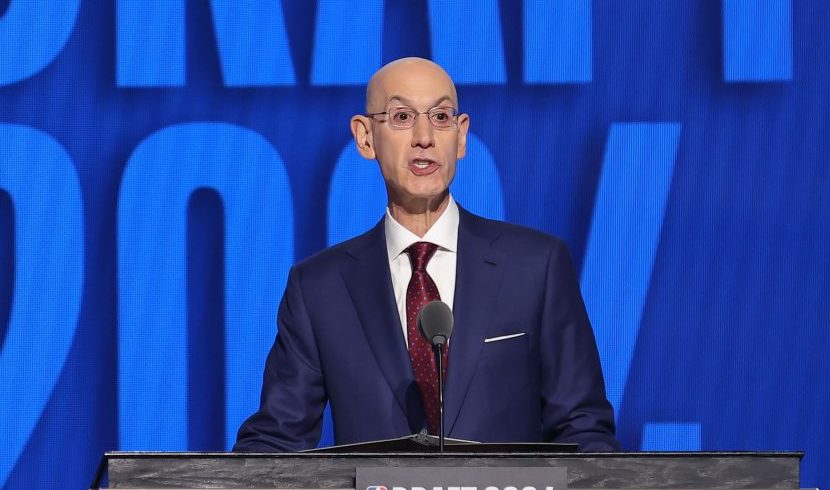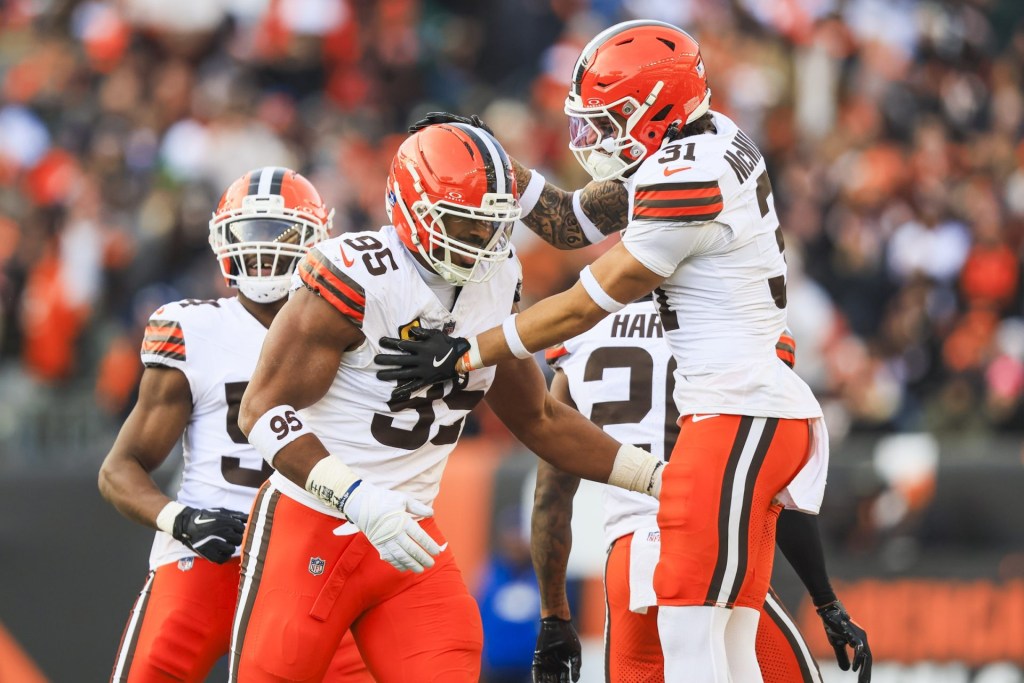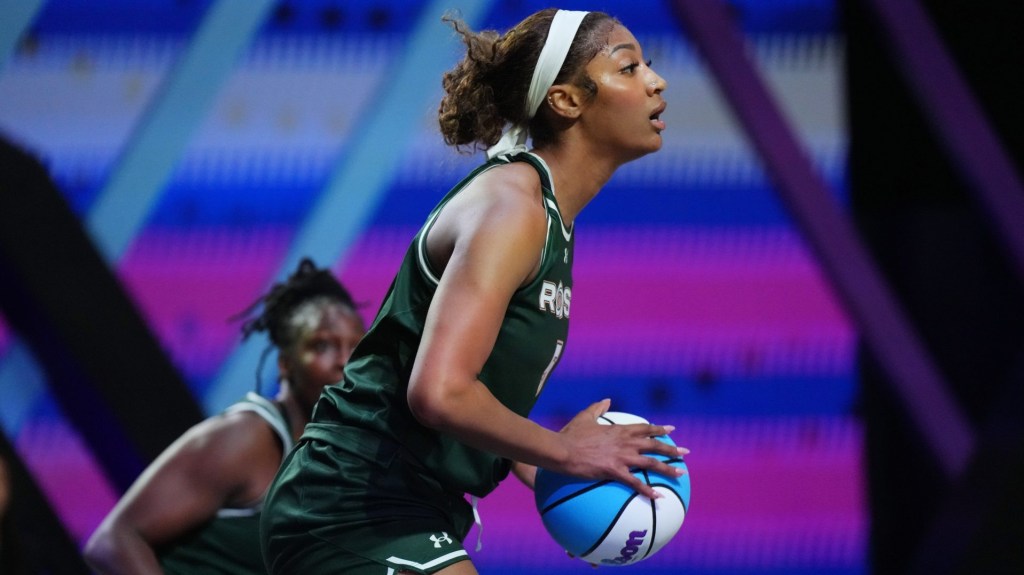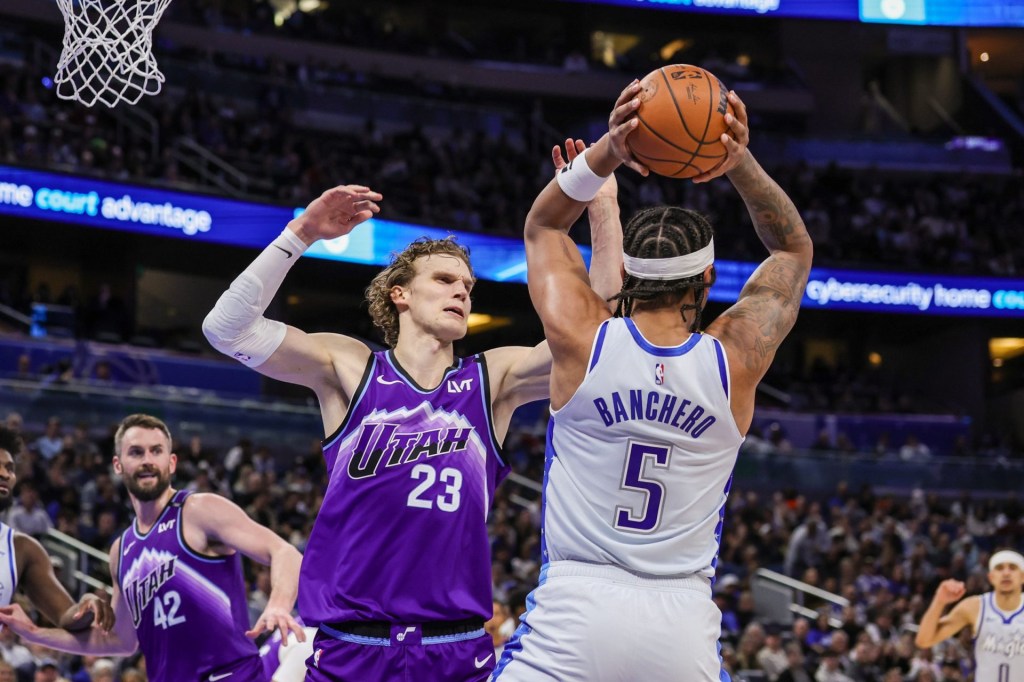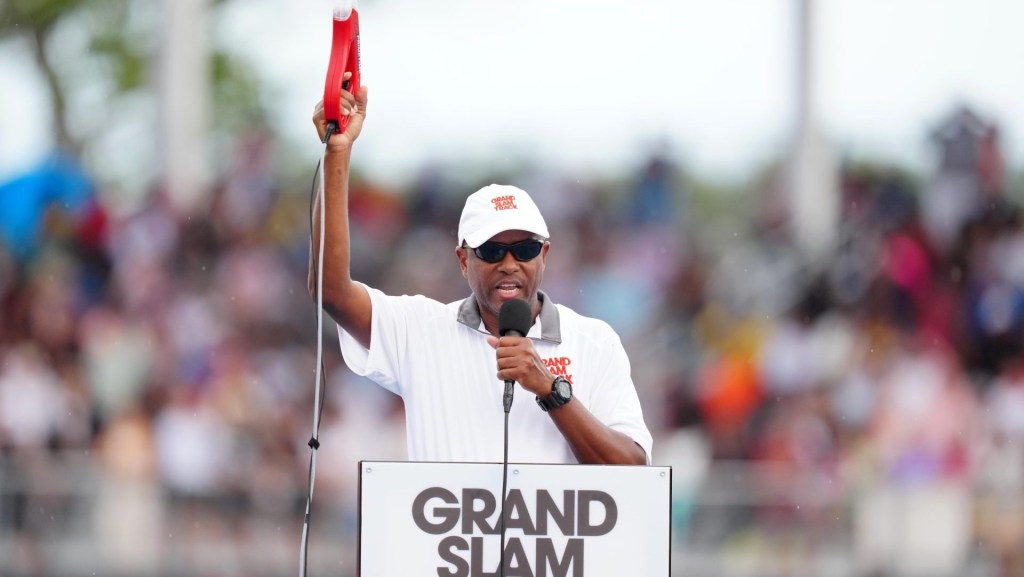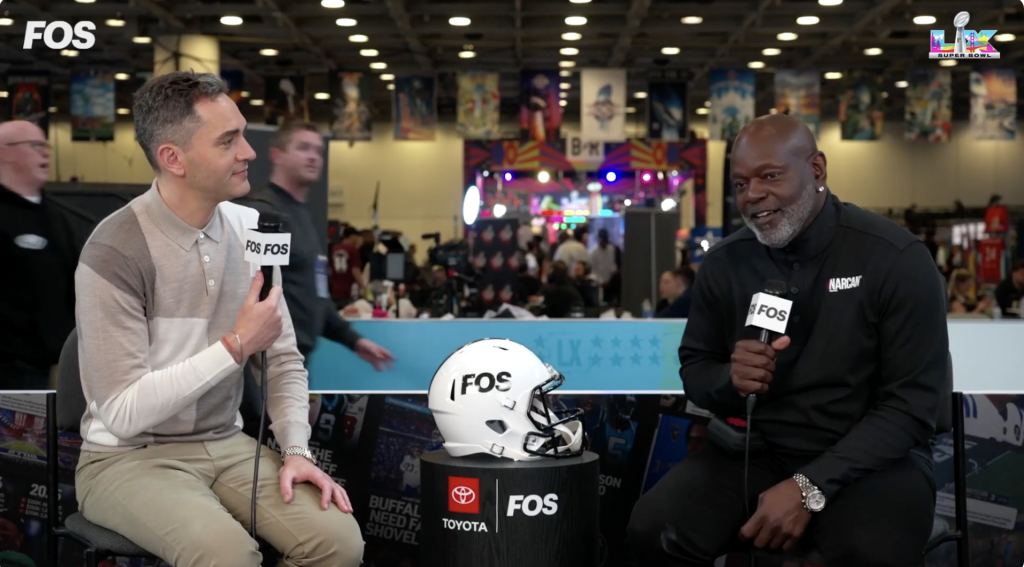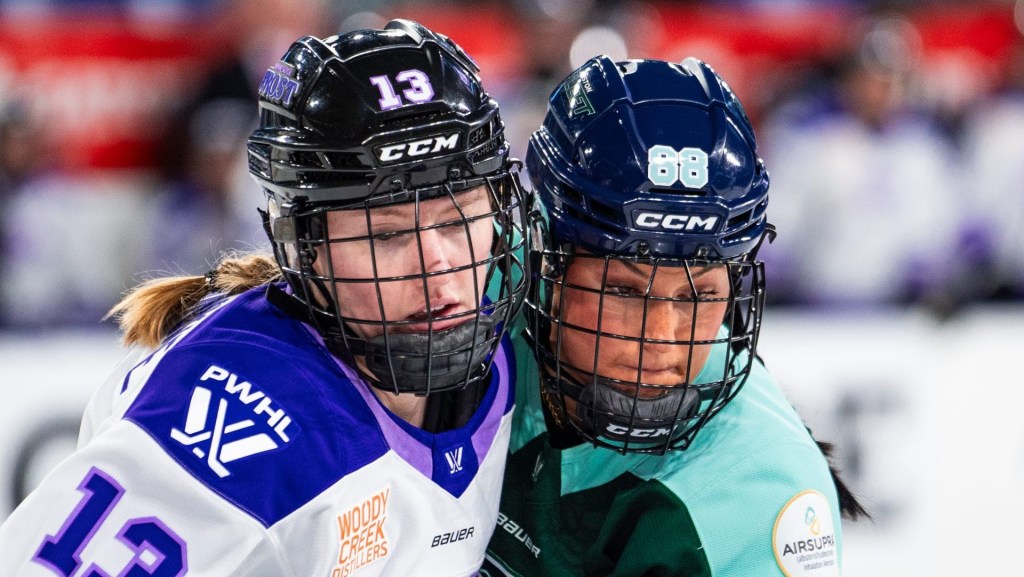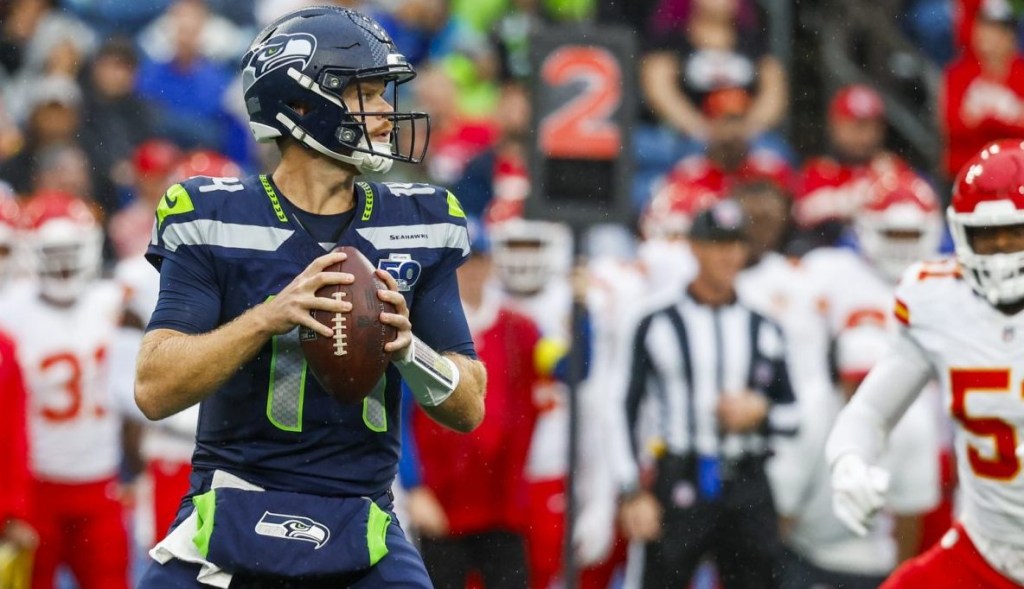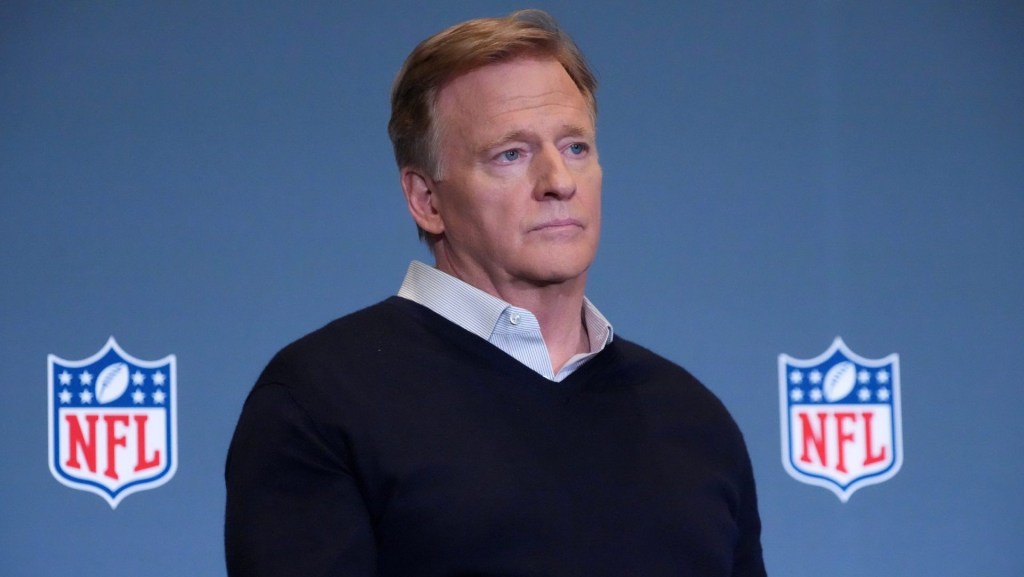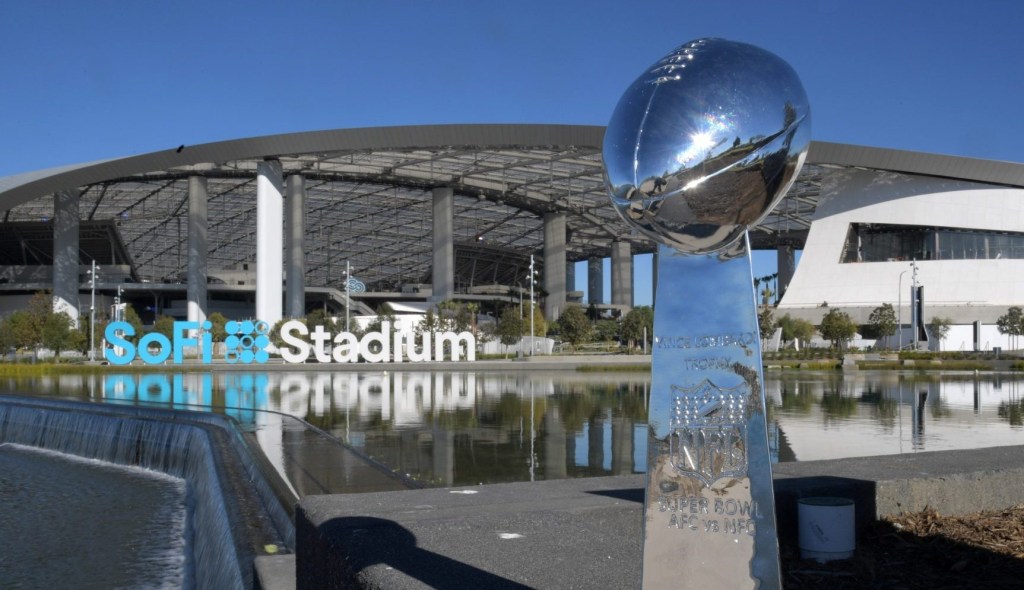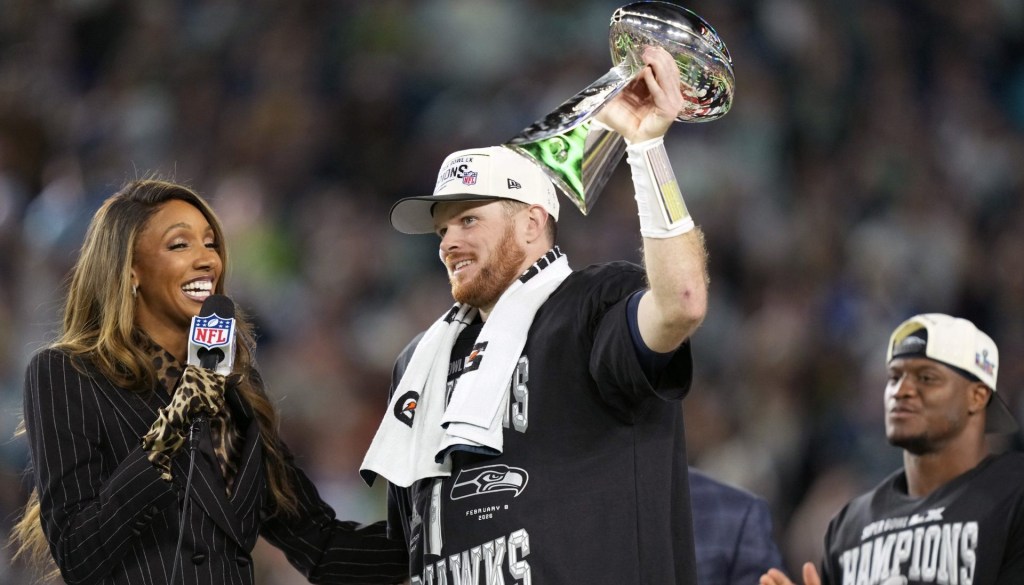The arrival of the NBA’s new national TV rights with Disney, NBC Sports, and Amazon should be a cause for celebration. The league has more than doubled its annual fees while posting lower ratings in an increasingly disrupted media landscape.
But instead of universal praise for commissioner Adam Silver (above), league president of global media distribution Bill Koenig, and what they’ve achieved, the NBA’s media rights are instead a subject of considerable uncertainty and hurt feelings, and it could ultimately erupt into litigation.
Silver confirmed late Tuesday that the NBA’s board of governors approved the 11-year, $76 billion set of rights, advancing “this stage” of the process. But the agreements are not yet finalized, and the commissioner did not discuss by name any of the participating networks or the terms involved.
“Much of it is out of my control,” Silver said.
That stance, while perhaps not surprising, is a result of the highly delicate nature of the rights and what is now a potential war on two fronts that Silver and the league are fighting.
- TNT Sports: As of early Wednesday, the Warner Bros. Discovery unit still hadn’t been presented with these BOG-approved rights deals. The network, however, fully intends to exercise its matching rights, likely focusing on Amazon’s package, and what form that effort takes represents a key upcoming step in the saga.
- James Dolan: The Knicks earlier this week sent an angry letter to the Board of Governors, in part arguing that the agreements are highly disruptive to local broadcasts that are still critical to individual teams. Silver acknowledged Dolan’s concerns were discussed among the broader group, adding, “We try to keep these issues in the family.” It’s uncertain where the matter goes from here, but historically, Dolan has shown little fear of pursuing litigation.
What About NBA TV and NBA.com?
A large amount of the focus around the league’s media rights has been on the status of TNT Sports, the division of rights among the various partners, and the push to embrace streaming. But a critical, but less-discussed, element of the talks has been what becomes of the league’s in-house media properties, NBA TV and NBA.com. Since 2008, those outlets have operated in a joint venture between the league and TNT Sports.
It’s unclear what becomes of those, particularly if TNT Sports is not otherwise involved with the NBA.
“I don’t know,” Silver said when asked about the two outlets. “There’s too much still in play.”
Expansion Talk
With the media rights reaching some type of conclusion, league expansion is assuming a heightened focus, with formal efforts now set to begin as soon as this fall. Expectation has already been building for many months around this subject, something Silver hasn’t avoided.
The general expectation, as it’s been for some time, is focused on Las Vegas and Seattle as the primary options for new clubs.
But what is new, at least publicly, is a rising concern within the league about how to divide the largesse from the new rights deals with the incoming team owners.
“It’s a bit more complicated than is suggested sometimes,” Silver said. “Just think of the new media deals, for example. Once they’re completed, when you bring in new partners, you’re diluting those payments, of course, to teams. … It’s no different than selling equity in any business. I think there needs to be a fair amount of modeling at the league office, working with existing owners, and really thinking through the long-term prospects.”
